India's attention on cutting edge portability has certainly taken on legs under the flow government, however, the 'Public Electric Mobility Mission Plan (NEMMP) 2020' was disclosed in 2013 under the past Congress-drove government. That invests into point of view the deliberate amounts of energy over the walkway for green versatility and electric vehicles. From that point forward the nation has been happy to receive a 360-degree approach to transform into an EV country.
In December 2019, in the Climate Risk Index 2020 delivered by the climate think tank, Germanwatch, India's rank has intensified from the fourteenth spot in 2017 to fifth in 2018 in the worldwide weakness stepping stool. This makes it even more explanation behind India to focus on electric vehicles and vehicles in the battle against the dependence on petroleum products.
While the underlying push was seen towards making bikes and three-wheelers electric, the greater need is for electric public transportation and vehicles. Regardless of the current difficulties and vagueness inalienable in the area, significant vehicle makers are presently taking a gander at this broadly undiscovered area with trust.
So What Is An Electric Car?
For the unenlightened, an electric vehicle is only a vehicle impelled by at least one electric engines utilizing energy put away in battery-powered batteries, rather than consuming petroleum or diesel inside and depleting exhaust. There are extensively three sorts of electric vehicles as of now:
- Sun based fueled electric vehicles and vehicles
- Crossbreed electric vehicles fueled by a blend of inward burning and batteries
- Electric vehicles with on-board battery packs otherwise called battery electric vehicle (BEV)
- As a general rule, electric vehicles with regards to versatility and ecological protection allude to battery electric vehicles, however, may likewise allude to module crossbreed electric vehicles (PHEV)
In the Indian setting, vehicle producers have declared electric four-wheelers, for example, Hyundai Kona Electric, Mahindra e-Verito, Mahindra e2o, Porsche Taycan, Tata Tigor EV 2019, MG ZS. Yet, a lot more will be required if India is to make important strides towards turning into an EV-first country.
Will Electric Cars Gain Popularity In India?
Over the most recent couple of years, patterns propose an ascent in interest among the basic masses for electric vehicles in contrast with electric bikes and ICE or petroleum/diesel vehicles, as observed on Google Trends.
Industry pioneers believe electric vehicles to be a promising alternative for the Indian crowd for some reasons.
Akhil Aryan, CEO and prime supporter ION Energy accepts that ideal reception combined with the zap of the current vehicles and development of charging framework will make a move, the effect of which will be felt in metropolitan urban areas particularly given that contamination has arrived at cataclysmic levels.
Further, Zoomcar author Greg Moran added that with the middle time of Indians being 27 years, the more youthful age is driven for advancement, maintainability and ecological preservation. Simultaneously, by assembling vehicles, parts and batteries, different setup combinations and new companies are guaranteeing indigenous accessibility of items.
What Are The Advantages Of Electric Cars Over Fuel Cars?
At a basic level, electric vehicles offer a significantly lower working expense contrasted with traditional inner burning motors. By and large, electric vehicles are 75-80% less expensive from fuel and support viewpoint, which is a significant thought for some buyers who have high use. This reality remains constant across structure factors since it's substantially less expensive to charge a battery contrasted with refuelling an ordinary fluid fuel tank.
Also, EVs have 75-80% less moving segments and this eventually means a much lower support bill. Far beyond the vigorous working cost point, EVs additionally have an inalienable favourable position with regards to execution and driveability.
What Are The Challenges In Consumer Adoption Of Electric Cars?
Splitting ceaselessly the old standards and setting up another shopper conduct is consistently a test. It is entirely expected to discover clients restless about the speed and scope of EVs. In this manner, a great deal of sensitisation and schooling is required, to bust a few legends and advance EVs inside the Indian market, Zoomcar's Moran told Inc42.
Aside from this, there are various difficulties in the selection of electric vehicle vehicles in India soon. These include:
- Charging framework
- Battery execution
- Flexibly request hole
- Making the shut circle
- Absence of battery cell fabricating
There is finished nonattendance of essential battery cell producing in India which represents the danger of expanding our import/export imbalance. Right now, most producers depend on batteries imported from Japan, China, Korea and Europe. Thus, the Indian market needs support for indigenous innovations that are appropriate for India from both vital and monetary point of view, for example, aluminium energy units.
Building charging framework
The huge test is charging foundation which should be joined with existing refuelling stations and at elective areas closer to homes. Improving battery trading stations will kill hang tight an ideal opportunity for charging, utilize land, diminish the size of batteries in vehicles and will give an expanded accessible reach.
Further, the nation's charging foundation should be normalized. EV charging station sellers are bewildered right now, concerning the standard that should be received for quick charging. While the current standards require charging stations to introduce Europe's CCS and Japanese CHAdeMO charging stages, setting up both will altogether expand the capital expense.
Expanding battery execution
Given the way that electric charging foundation will set aside extensive effort to be recreated and the universality of fuelling framework in India, it is fundamental that batteries become undeniably more tough to all the more likely contend with the inner burning motor vehicles. As of now, the Hyundai Kona electric has the most elevated scope of 452 km on a solitary charge among electric vehicles accessible in India, which could change in the years to come.
Crossing over the gracefully request hole
Another significant test forestalling bigger scope appropriation of EVs today is the way that the reach is very restricted, in this way compelling the utilization cases for electric vehicles. Once more, this is to a great extent settled through scale since it turns into a round of more gracefully that obliges for bigger, more savvy batteries that give a superior generally speaking reach. When this exhibition reality sets in, there will be no retreat from electric vehicles, added Moran.
Making the shut circle portability environment
Alongside charging framework, the foundation of a vigorous flexibly chain will likewise be required for automakers to make the move attainable at their end. Further, reusing stations for batteries should recuperate the metals from batteries utilized in a jolt to make the shut circle needed for the move to electric vehicles to be an ecologically quality choice, even after electric vehicles have matured.
Conclusion:
As fast as new disclosures, sciences, developments, and all the more testing applications for LiB innovation arise, the security study of this innovation should likewise progress through proceeded with cross-area, multi-disciplinary joint effort and trade. Upgraded cooperation will prompt more secure battery innovation, more prominent dependability, and expanded certainty by society and public wellbeing authorities and will quicken the acquaintance of more secure items with the commercial centre.
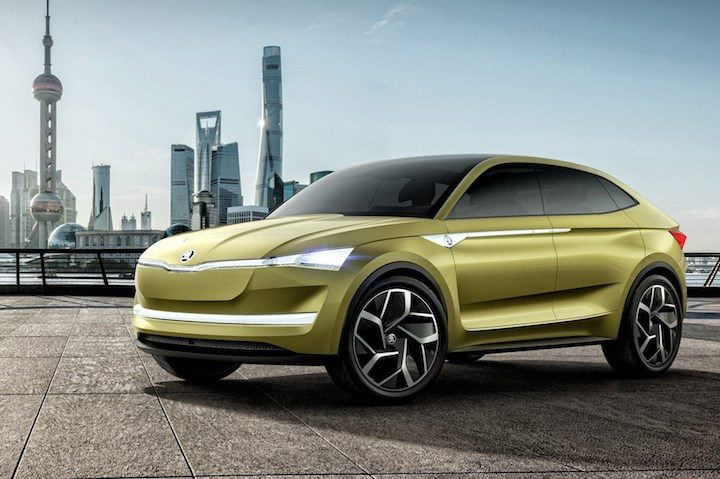
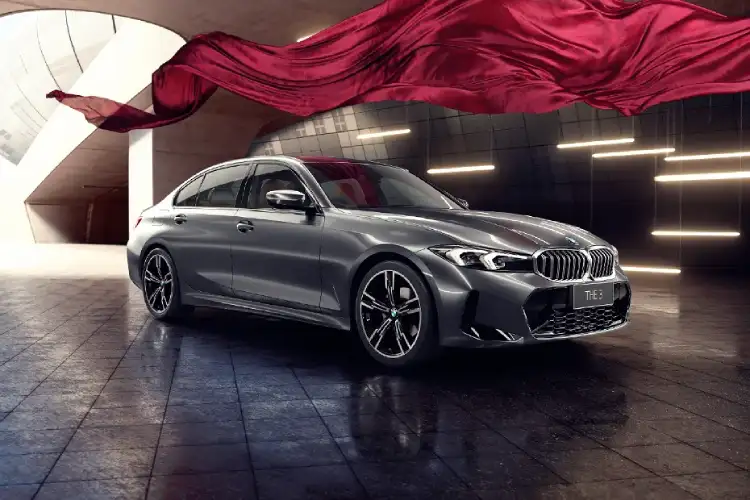
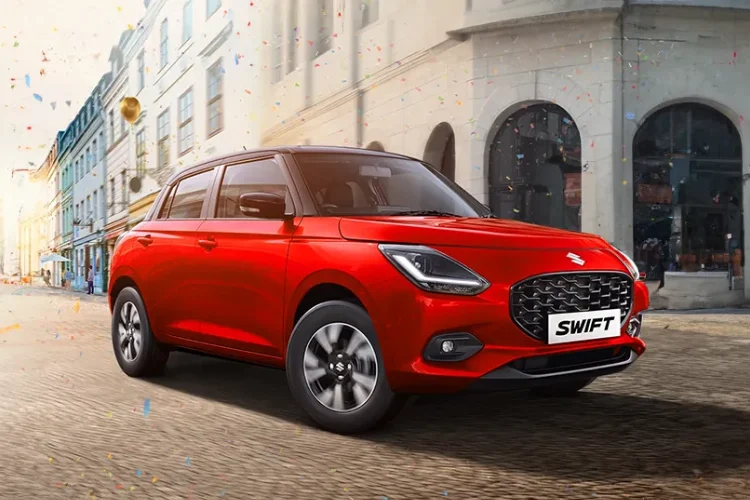

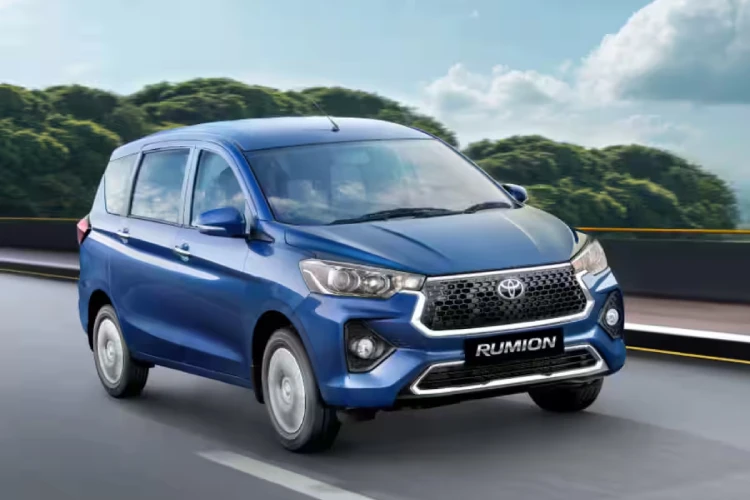
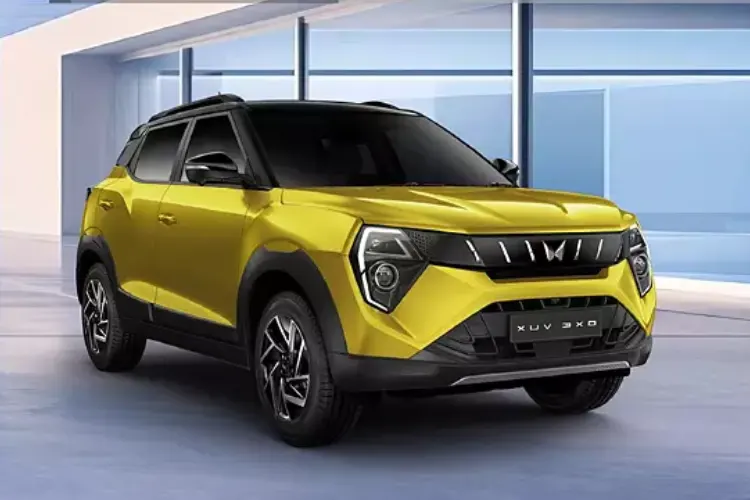
No Comments! You add your First Comment.